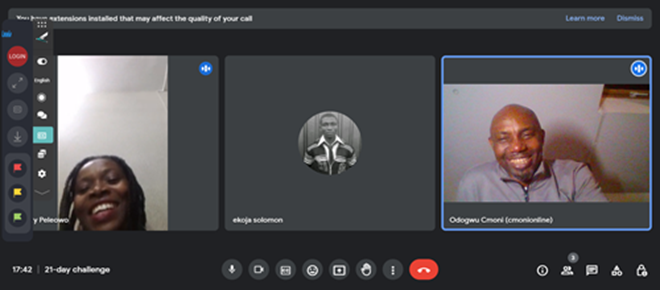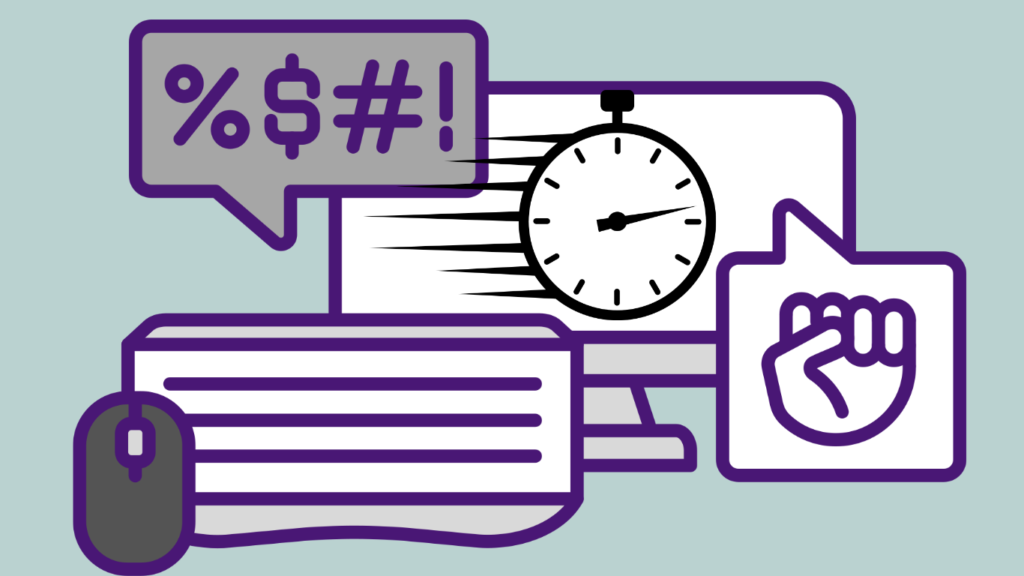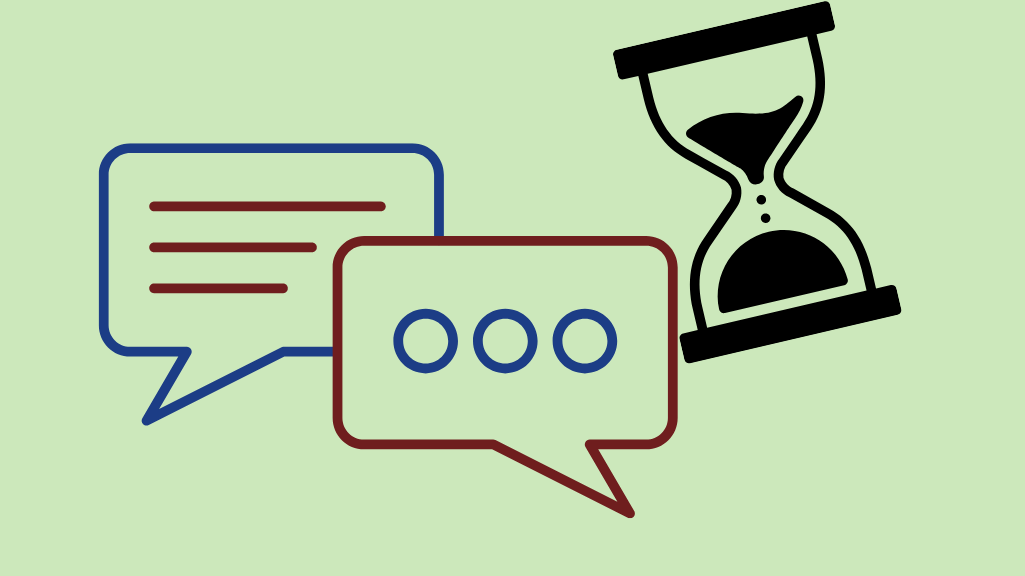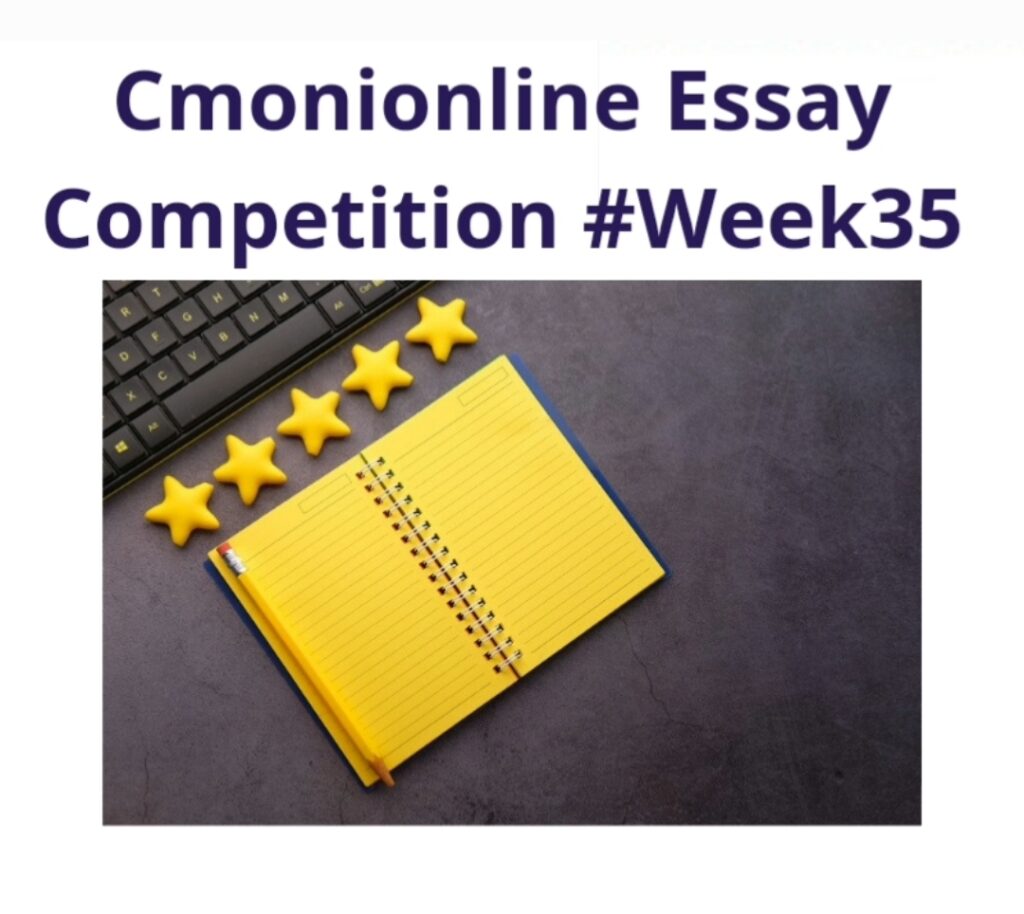Commentary on my Digital Product : Immigrants of the Turbulent Waters by Becky Oludayo Peleowo
I I recall that the first time I became fully conscious of illegal migration was when I heard a first-hand story from a victim at an Illegal migration awareness conference, where I had accompanied some secondary school students to listen to the dangers of this shady business. The stories I heard that day tormented me for months and strengthened my resolve never to be desperate about leaving Nigeria. It was even more a resolve not to seek permanent residency in any country outside the coasts of Africa. You can say I was traumatised by the stories I heard and you would be right. Who would not be after hearing such gory tales? That resolve waned with time but I would still vehemently discourage illegal migration. Many Nigerians are unaware of the peril that lies ahead of going through unauthorised paths to a foreign land. Many lack an international passport but will fall victim to agents who promise to take them abroad with seamless efforts. My commentary centres on this persistent challenge as the Japa Syndrome due to the financial crisis and insecurity in Nigeria is on the rise. The 21-day self-evaluation exercise organised by the Cmoni group required us to do away with bad habits that were affecting our productivity and build new and better ones. Luckily I was taking a digital marketing course and the time I used to chitchat on social media was channelled into this course and also on writing in a platform, (Nircle community), where we had to write on different prompts monthly – For instance, December’s prompt is water. What could I write about water? First I had to complete my Capstone Project for the Digital Women Boot Camp, then to make this commentary and finally to submit my entry on the prompt in Nircle Community. Merging this task was herculean for me but since one of the skills I tried to improve on during the 21-day retreat was time management, I decided to work on a vocalised poem as my digital product. The poem was my entry for the Nircle Community. I recorded the poem as a voice-over track, then used some stock and personal images to create content that emotionally appeals to the public. I used the Capcut app to achieve this and the experience of creating and editing my design was an exhilarating one for me. The topic, “Immigrants of the Turbulent Waters” was chosen because I had to write on water and secondly because of a distant relative who was reported to have left Nigeria through one of these illegal means and her immediate family had no information on her whereabouts. A neighbour also shared his brother’s pathetic story on the same topic. Drawing my inspiration from these situations, I linked water to illegal immigration by sea and then I wrote a poem for the Nircle Community and made a vocalised poem in video form for my Cmoni Project, using the skills I had acquired from the Digital Boot Camp. Now I have one theme presented in different forms. You must be thinking of the cliche, “Killing two birds with one stone.” That’s just what it is! II During the 21-day disengagement exercise, I acquired digital skills. I learnt Search Engine Optimisation, Google Analytics, Social media analytics, and web analytics amongst others. Currently, I have confirmed my Google website and am already taking measures to increase the visibility of my business in search rankings. Just like I mentioned earlier, my time management skill has improved. This makes me more productive and gives me a sense of fulfilment. The above-mentioned skill could not have been achieved without the Pomodoro app – Focus and Google tasks. Regular writing on the Nircle app and reading from other writers expanded my knowledge, especially in poetry and non-fiction writing. Writing more often is one of the target skills I had to improve and I achieved this and got rewarded for my effort. I was able to read often too but this time my focus was on the resources for the Digital Marketing Course. I am glad to say I completed the course and I am looking forward to my certificate, a document that will propel me into the digital jobs sphere. On improvement, I would love to spend less time using my mobile phone. I noticed that my daily dealings revolve around it. I’m already using my laptop for journaling but then the portability of the mobile phone makes it a better option. The time away from this device will be spent on family bonding.





